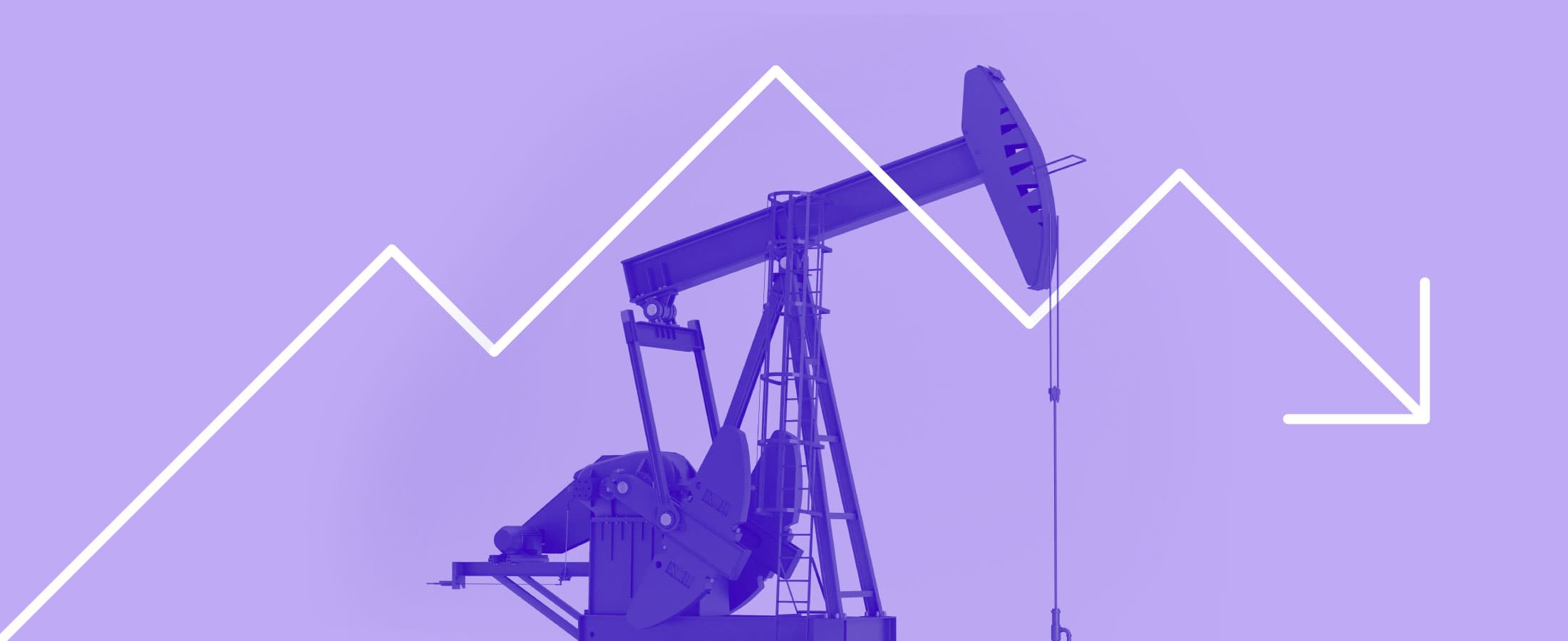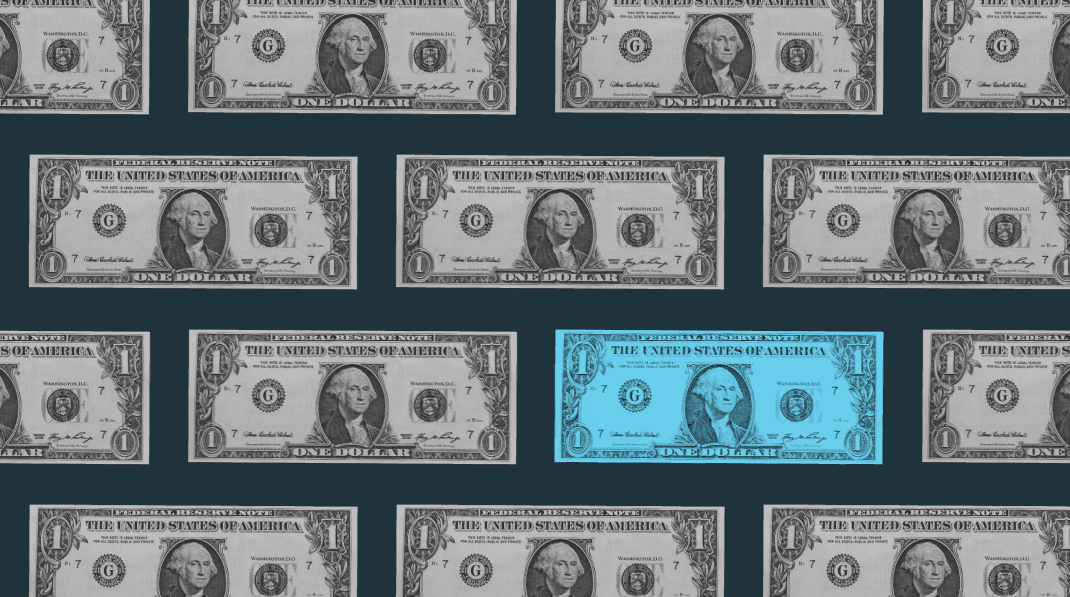Mar 10, 2020
What’s Going on With Oil Prices?
A price war between Saudi Arabia and Russia is causing uncertainty.

In this article:
Oil prices fell to their lowest levels in nearly 30 years on Monday, March 9 as Russia and Saudi Arabia, two of the world’s leading oil producers, failed to reach an agreement over production levels.
The drop in oil prices by 24% to about $35 a barrel was the single biggest one-day drop in oil prices since the beginning of the Gulf War in 1991. The drop in oil prices also triggered a steep sell-off in markets. The Dow Jones Industrial Average fell more than 2,000 points, and the S&P 500 fell 7%, reportedly the biggest decline since the financial crisis of 2008.
The decrease in oil prices comes as the global economy is reckoning with the coronavirus pandemic, which has added uncertainty to markets around the world.
What happened?
Oil prices, like all things, are dictated by supply and demand. When supply falls, prices rise, and vice versa.
As the world economy has slowed because of coronavirus, the Organization of the Petroleum Exporting Countries (OPEC), a group of the world’s biggest oil producers that includes Saudi Arabia, has wanted to offset the decline in demand by cutting oil production. When OPEC members cut production, that typically increases the price of oil by limiting supply. When it increases production, that typically causes prices to fall.
However, Russia, which isn’t a member of OPEC but has had a working pact with the group since 2017, decided not to go along with the group. In response, Saudi Arabia, the biggest oil producer in the world, announced it would increase production and cut prices between $4 and $7 a barrel. The move, according to some reports, could allow Saudi Arabia to take market share away from Russia.
And when prices fall by a large amount, it can slow down production of oil and gas. Higher oil prices, generally, make it more cost-effective for oil companies to extract and process oil.
On the plus side, however, lower oil prices mean cheaper gas for consumers. Gas could fall below $2 a gallon, according to some estimates.
More about OPEC
OPEC members, comprising Iran, Iraq, Kuwait, Libya, Nigeria, Saudi Arabia, United Arab Emirates, and Venezuela, among others, control about 80% of the world’s oil reserves, according to the organization. It was founded in 1960 to set production levels among member countries.
Follow the Stash Way
We’ve boiled down our investing philosophy into three basic steps that we call the Stash Way. It involves investing for the long-term, investing regularly, and diversification.
You can find out more about that here.

Investing made easy.
Start today with any dollar amount.
Related articles

financial-news
Apr 07, 2025
Investing During Volatile Times

financial-news
Apr 03, 2025
How to Stay the Course Through Tariffs and Turbulence

financial-news
May 15, 2024
Rebirth of the meme stock craze? 5 brutally honest reasons why you shouldn’t be buying, despite the hype

budgeting
Jan 09, 2024
9 ways to celebrate financial wellness month

financial-news
Nov 09, 2023
What is a Recession?

financial-news
May 15, 2023
The Stash Way: Invest Regularly
By using this website you agree to our Terms of Use and Privacy Policy. To begin investing on Stash, you must be approved from an account verification perspective and open a brokerage account.
